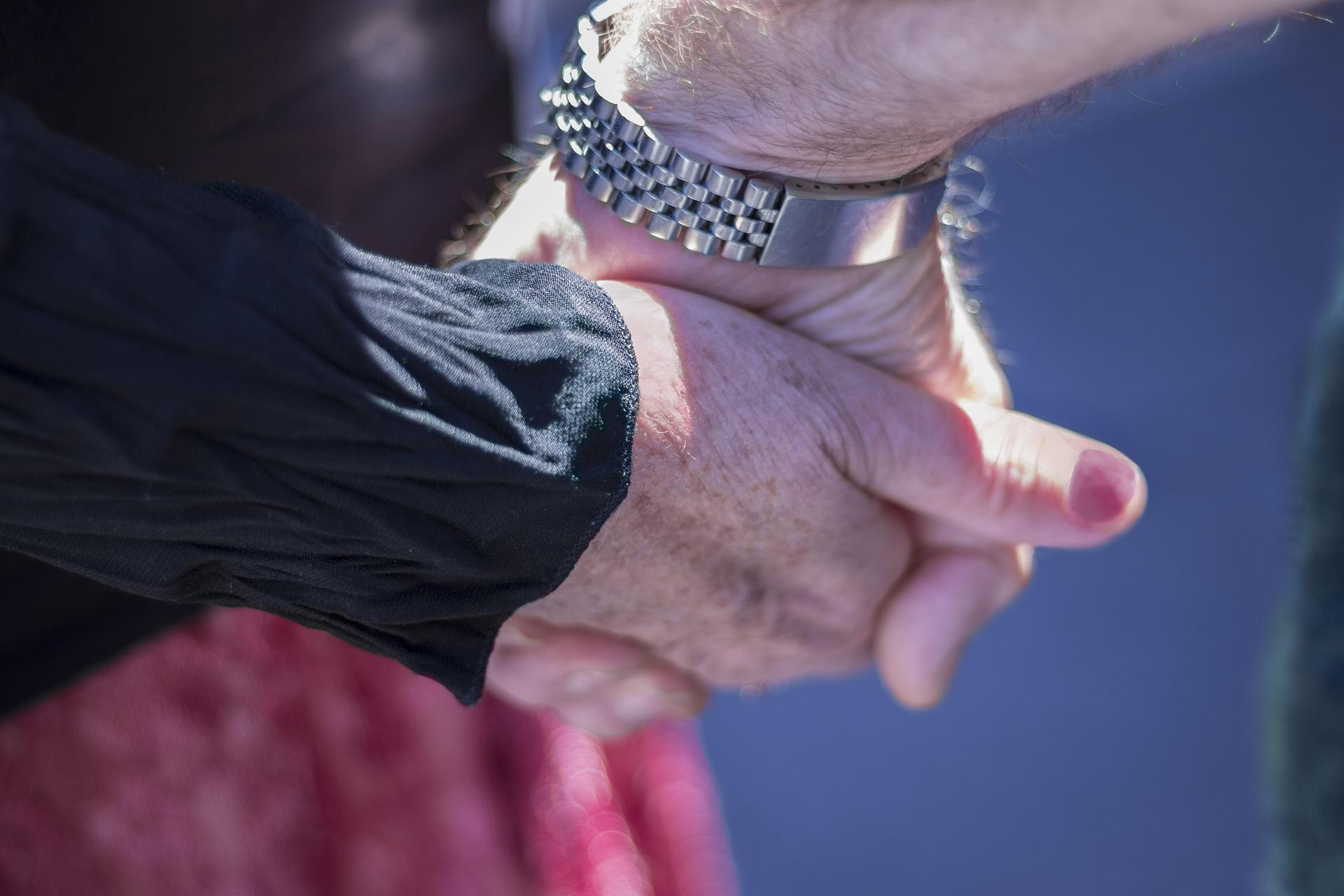Addiction recovery is a difficult process,
but with the support of loved ones, it can be made easier. Family members and close friends can provide a vital support system while you
recover from addiction.
A support system can provide additional encouragement, connection and community, financial assistance, and more.
In this article, we discuss
the role of family during addiction recovery
and how they can help loved ones on the road to recovery.
How Can Family Members Help With Addiction Recovery?
Emotional Support
One of the most critical roles of family members supporting those in
addiction recovery
is to offer emotional support. This can be crucial in helping individuals stay motivated and on track with their recovery goals.
Family members can provide emotional support in several ways, including:
-
- Offering encouragement and positive reinforcement.
-
- Being there to listen and provide support when requested.
-
Helping to create and maintain a
positiveaddiction recovery
environment
.

Addiction Recovery Is A Journey, So Maintain A Connection
Family members can provide a sense of community and connection, which can be helpful for those who are feeling isolated or lonely during
addiction recovery
. One way family members can do this is by creating and maintaining a positive environment. This includes providing encouragement and support, being there to listen when needed, and helping with practical
addiction recovery tasks
.
Family members can create a sense of
community for those in addiction recovery
by connecting with other families in addiction support groups. The
se groups can provide a sense of belonging and connection, as well as practical support. Families can also connect with addiction recovery resources in their local community, such as addiction recovery centers or 12-step programs. This can help individuals feel supported and connected to others working on their addiction recovery.
Addiction Recovery Is Hard, So Lend A Hand
Family members can provide practical assistance to those in
addiction recovery
by helping them
find addiction treatment programs
, connecting them with resources for addiction support, and helping them stay accountable to their recovery goals. Families can also help with tasks such as grocery shopping, cooking meals, and doing laundry. This practical assistance can significantly help individuals focus on their recovery without worrying about the day-to-day tasks of life.
Specific examples of practical assistance may include:
-
- Helping to create and stick to a daily routine.
-
- Assisting with household chores and errands.
-
- Providing transportation to addiction recovery meetings and appointments.
-
- Offering financial support, if possible and/or required.
Addiction Recovery Is Growth, So Lend An Ear
Family members can offer a listening ear for those in
addiction recovery
by being there to support and encourage them, listening without judgment, and providing perspective or feedback when asked. Most of the time just sitting and listening to those recovering from addiction can help. Often times just the confirmation that a person was heard will help them to feel better about themselves and create new bridges of trust and respect between you.

Challenges Families Face in Addiction Recovery
The
addiction recovery
process can be challenging for the individual and their family members. It is important to understand that
addiction recovery is a journey
, and there will be ups and downs along the way. Here are some of the challenges families may face during the recovery process:
Communication Difficulties
Communication difficulties are among the most common challenges families face in addiction recovery. This can happen for several reasons, including addiction, feelings of shame and guilt, and communication breakdowns that have occurred in the past. It is essential to be patient and understand that rebuilding trust and communication within the family may take some time.
One way to start rebuilding communication is by attending
addiction recovery support groups
together. This can be a safe space to start talking about addiction and recovery, and families can learn from others going through similar experiences.
Feelings of Guilt And Shame
Another common challenge for families is dealing with feelings of guilt and shame. This is often due to the stigma surrounding addiction, as well as the feeling that they could have done something to prevent the addiction. Families must understand that
addiction is a disease
and no one is to blame.
Several resources are available to help families deal with these feelings, including
addiction recovery
and support groups.
Financial Stress
Addiction recovery
can be expensive and many families face financial stress. There are several ways to get financial assistance for recovery, including medical insurance, and sliding-scale payment options.
It is also important for families to understand that
the cost of addiction recovery is worth it
in the long run. The investment in addiction recovery can lead to a healthier and happier life for the wh
ole family.

Boundary Setting
The most important thing families can do in addiction recovery is to set boundaries. This may include setting limits on contact, such as no phone calls after a certain time at night or only allowing visits during certain hours. Families may also need to set financial boundaries, such as not lending money or only paying for addiction treatment-related expenses.
Setting boundaries can be difficult, but it is important to focus on what is best for your family in the long term. Families should communicate their boundaries to the individual in addiction recovery so there is no confusion or misunderstandings.
Family Support Is Vital!
The Addiction recovery process
varies everywhere, and there is no one-size-fits-all approach. However, family support can be a vital part of
successful recovery from addiction
. Families can offer a listening ear, practical assistance, and understanding, as their loved one navigates addiction recovery. Additionally, families can seek out addiction recovery support groups to connect with other families who are going through similar experiences. While addiction recovery can be challenging, it is worth the investment for the whole family.
If you or a loved one are struggling with addiction, we encourage you to
reach out for help
. Addiction is a disease, and it is important to get professional help. There are many
addiction treatment options
available, and our
admissions counselors
can help you find the right treatment program for your needs.
We understand addiction recovery is a family journey, and we are here to support you every step of the way.

